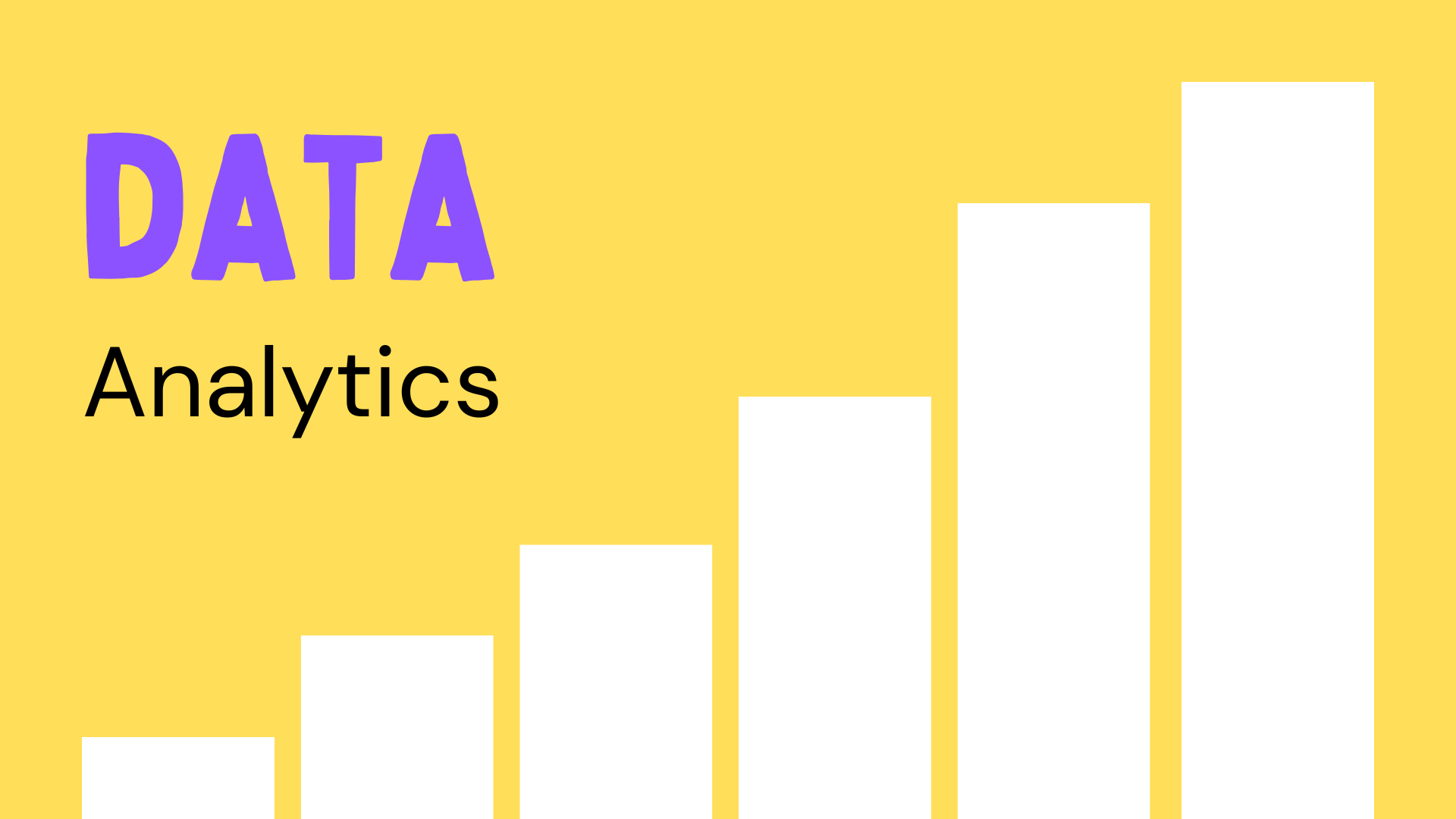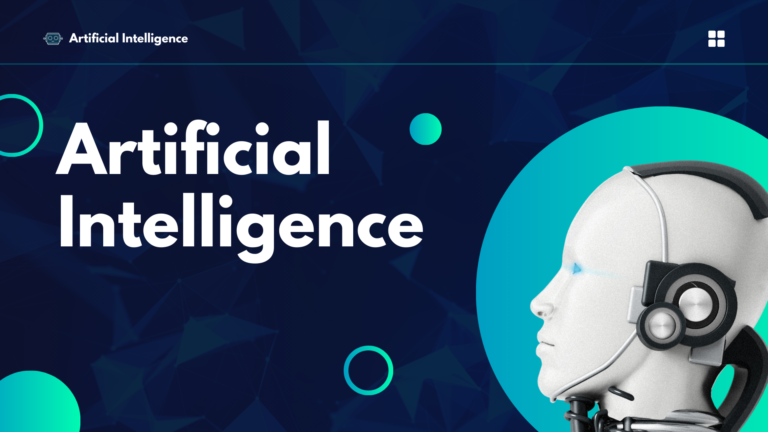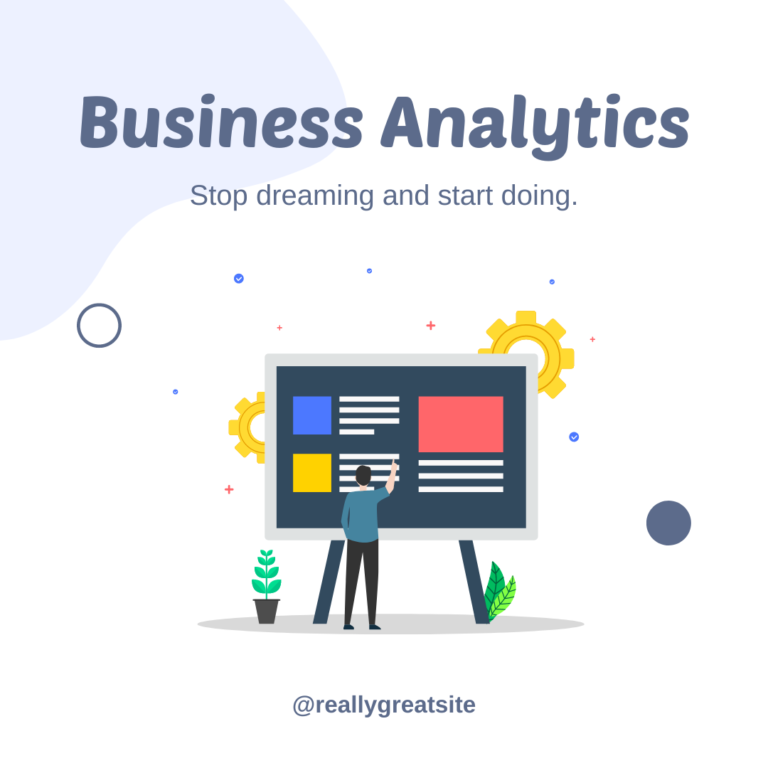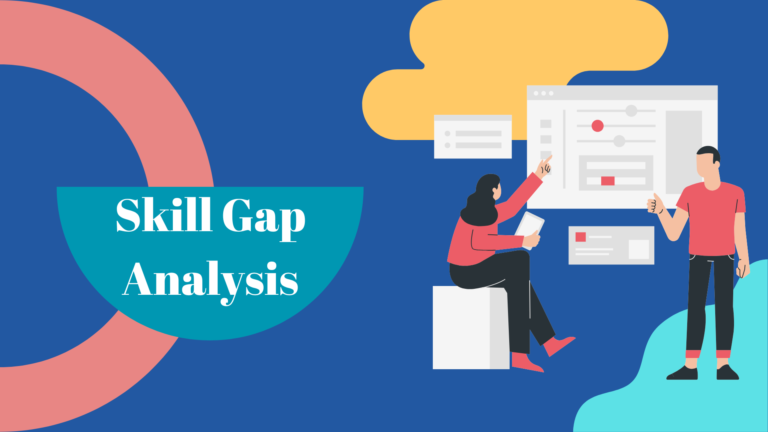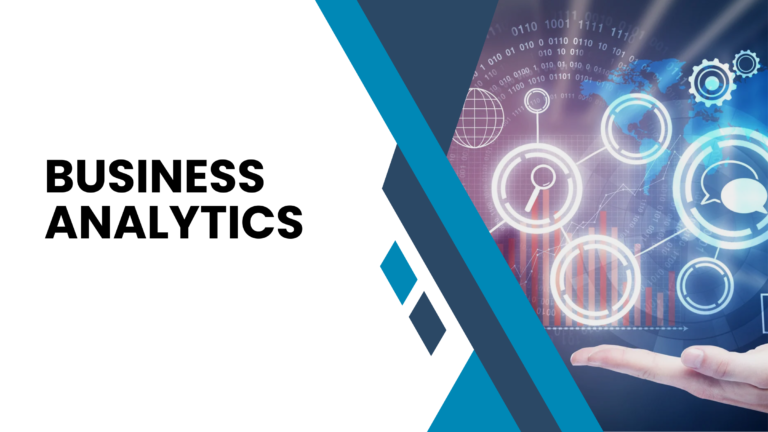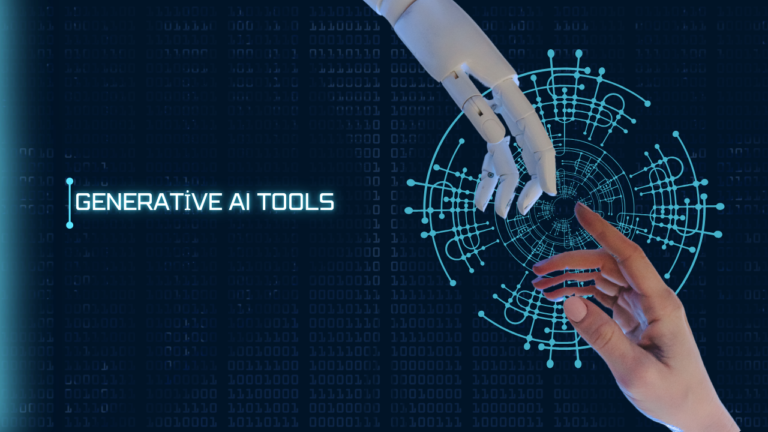Career in Data Analytics
If you’re thinking about pursuing a career in data analytics, you may already be aware that positions like statistician, data scientist, and information security analyst are among the top 10 fastest-growing professions in the United States. However, when it comes to professions in analytics, there are a wide variety of roles to take into account.
Here, we list ten of the best analytics-related jobs, examining the duties and responsibilities, necessary qualifications, typical pay, and future employment opportunities. To assist you in getting started, we have also compiled a list of data analysis courses.
Why Decide on a Data Analytics Career?
You’re probably already interested in careers in analytics if you’re reading this post. You may have heard that these positions are in high demand and have significant earning potential. Although both of these are unquestionably true, there are further justifications for thinking about a career in this industry, such as:
A range of positions. There is probably a position in analytics that fits your interests and abilities because there are so many various kinds of jobs in the subject, such as data scientists, business analysts, and data engineers.
Technology use. It may be thrilling and difficult for analytics experts to glean insights from data using state-of-the-art techniques and technology.
Work that has an impact. Experts in this field can be quite helpful in assisting firms in making data-driven decisions that can significantly affect the organization’s success.
Progress in one’s career. Since many individuals in this field begin in entry-level jobs and work their way up to management positions, you’re likely to find prospects for career progression as you improve in your career.
Job stability. The need for analytics specialists is expected to increase as data becomes a more valuable asset for businesses, offering job security in the industry.
The Top Data Analytics Careers
Many different positions use analytics in their daily work, as we have already discussed. We have selected ten distinct analytics positions that you may want to take into consideration.
Data Scientist
We have a comprehensive post outlining the steps you must follow if you’re interested in learning how to become a data scientist. But in essence, this position involves trying to fully comprehend and analyze data in order to produce insights that can be put into practice.
- Work Identifying patterns and trends in data by gathering, evaluating, and interpreting enormous collections of intricate data using statistical and machine learning techniques
- Forecasting and influencing business choices
- Essential Competencies:
- Experience with statistics, mathematics, or computer science
- knowledgeable in programming languages like R and Python
Analyst of Business Intelligence
In summary, the goal of a profession in business intelligence analytics is to analyze and comprehend complicated data in order to assist firms in making data-driven decisions. You will utilize a range of tools and methods in this position to glean insights from data and deliver them to decision-makers in an understandable and useful manner.
- Job duties include gathering and evaluating data to assist firms in making more informed business decisions.
- Presenting data in a way that non-technical stakeholders may easily grasp by using data visualization software
- Essential Competencies:
- Experience in business or a similar field
- familiarity with SQL, Excel, Tableau, and BI and data warehousing platforms like Power BI
Data Engineer
We offer resources specifically devoted to the subject if you’re looking for comprehensive information on how to become a data engineer or would like to know more about the work that data engineers do. One of the most technical profiles in data science is this specialized analytics career, which bridges the gap between standard data science roles and software and application developers
- Developing and constructing the systems and infrastructure that enable data gathering, storing, and analysis are among the duties of the position.
- Taking care of and managing huge databases and data sets
- ensuring the security, accessibility, and accuracy of data
- Essential Competencies:
- Excellent programming abilities in Python, Java, and SQL
- familiarity with big data technologies like Spark and Hadoop.
Business Analyst
As you may have observed, we have already discussed the position of business intelligence analyst. This role is a little different, though. During one of our webinars, we discussed how to become a business analyst, which demonstrates the popularity of business analytics careers. A separate article has additional information regarding business analyst certification.
In essence, business analytics employs diagnostic, predictive, and prescriptive analytics, whereas business intelligence mostly uses descriptive analytics, even though both positions concentrate on gathering, evaluating, and visualizing data, finding problems, and producing reports. The different kinds of analytics are covered in a different post.
- Employment Accountabilities:
- Recognizing and evaluating business issues and prospects
- Creating solutions that enhance performance and business procedures
- Getting in touch with stakeholders to collect requirements and offer suggestions
- Skills Needed:
- Strong problem-solving and analytical abilities
- outstanding presentation and communication abilities
- familiarity with Tableau, Excel, and SQL project management
Manager of Marketing Analytics
Data science can be applied in marketing in a variety of ways. Many of these tasks are combined by a marketing analytics manager. They are in charge of utilizing analytics and data to guide and improve marketing plans. In order to provide insights that guide and enhance marketing initiatives, this data-driven profession focuses on gathering and evaluating data on topics including customer behavior, the effectiveness of marketing campaigns, and market trends.
- Work responsibilities
- Data collection and analysis to guide marketing plans
- Using data to increase marketing efforts’ efficacy
- Speaking with interested parties to collect needs and offer suggestions
- Essential Competencies:
- Excellent critical thinking and problem-solving abilities
- familiarity with marketing analytics tools and data visualization
- Excellent presentation and communication abilities
- R, Python, Excel, and SQL
Top Career Skills in Analytics
You’ll see that a lot of the analytics-related jobs on our list share similar prerequisites. You’ll require a variety of technical capabilities in addition to fundamental analytical, problem-solving, and communication abilities. Some of the most important ones are noted here.
Languages used in programming
In the end, proficiency with multiple programming languages will be necessary for employment in data analysis. For instance, you may be attempting to choose between Python and SQL, but in order to work in analytics, you will eventually need to become proficient in both.
Similarly, most analysts’ toolkit includes languages like R and Julia. The best course of action is to decide what sort of analyst you want to be and begin learning the language that will be most useful to you. A different blog post discusses the best programming languages for data analysts.
Data Visualisation
You must be proficient in data visualization if you want to deliver your work with impact. Once more, data scientists tend to choose languages like Python and R, but because they are frequently utilized in enterprises, applications like Tableau and Power BI are also worthwhile to understand.

